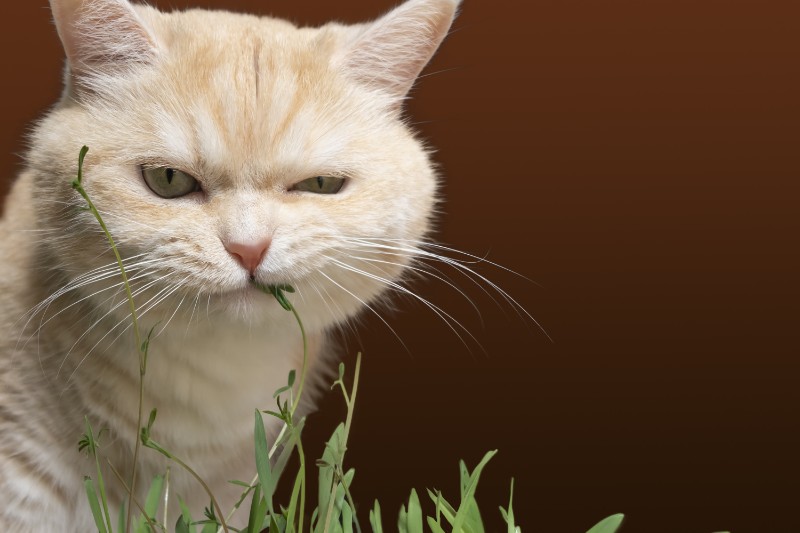

We love our pets and want to take the very best care of them we can. We do everything we can to protect them – such as microchipping, parasite control, and making sure they’re up to date on their vaccinations (among other safety precautions). But even with all the care and concern we show our pets, one area we may be overlooking is the pet poisoning danger in our own homes.
It can be amazing to realize just how many common pet toxins are right under our (and our pet’s) noses. From our purses and backpacks, to kitchen cabinets, to the garage, protecting our pets from common pet toxins starts with awareness of what exactly can get them trouble.
Pet Toxins at Home
There are many pet toxins that you and your family probably use on a daily basis. Here’s a start of items to look for in your home that should be safely stored away from pets.
- People food such as chocolate, Xylitol (a sugar substitute in candy, gum, peanut butter, and many other products), macadamia nuts, alcohol, yeasted bread dough, grapes and raisins, and fatty foods.
- Garbage, animal bones, and table scraps
- Human medications including Advil, Tylenol, ADHD medications, antidepressants, sleep aids, birth control pills, and blood pressure and cholesterol medications, nasal sprays, suspensions and syrups, vitamins, and asthma inhalers.
- Pet medications these are frequently made to taste good to pets, with beef or pork flavorings that make a dip into the medicine area dangerous. Pets have been known to seek out medications and eat the entire bottle, resulting in an overdose.
- Household chemicals and cleaning supplies
- Toothpaste, facial creams, cosmetics, shampoo, and other personal care products
- Cigarettes, nicotine gum, and vaping products
- Household plants such as lilies, holly, sago palms, cyclamen, and philodendron.
- Household decor such as essential oils and diffusers and pot pourri
Purses and backpacks are some of the most common areas for pets to access toxic substances. So make sure everyone in your family hangs them up when not in use so that they are out or reach of pets.
Pet Toxins in Your Garden and Garage
Preparing for spring means gardening and yard beautification – common areas to find pet toxins. Be aware that the following items can be dangerous for pets, and take precautions as necessary.
- Bone and blood meal products
- Fertilizers
- Snail bait
- Rat and mouse poison
- Antifreeze
- Chemicals such as paint thinner
- Herbicides
- Insecticides
- Cocoa mulch
- Compost piles
Preventing Pet Toxicity
Take some time to pet proof your home, yard, and garage this spring and make your home safer for your pets. If you feel your pet has ingested something they shouldn’t, don’t hesitate to go to the nearest emergency clinic. Poisons act fast, and so should you. Keep the ASPCA Animal Poison Control Center number on your refrigerator and in your phone, and make sure you know your way to the nearest emergency clinic.
